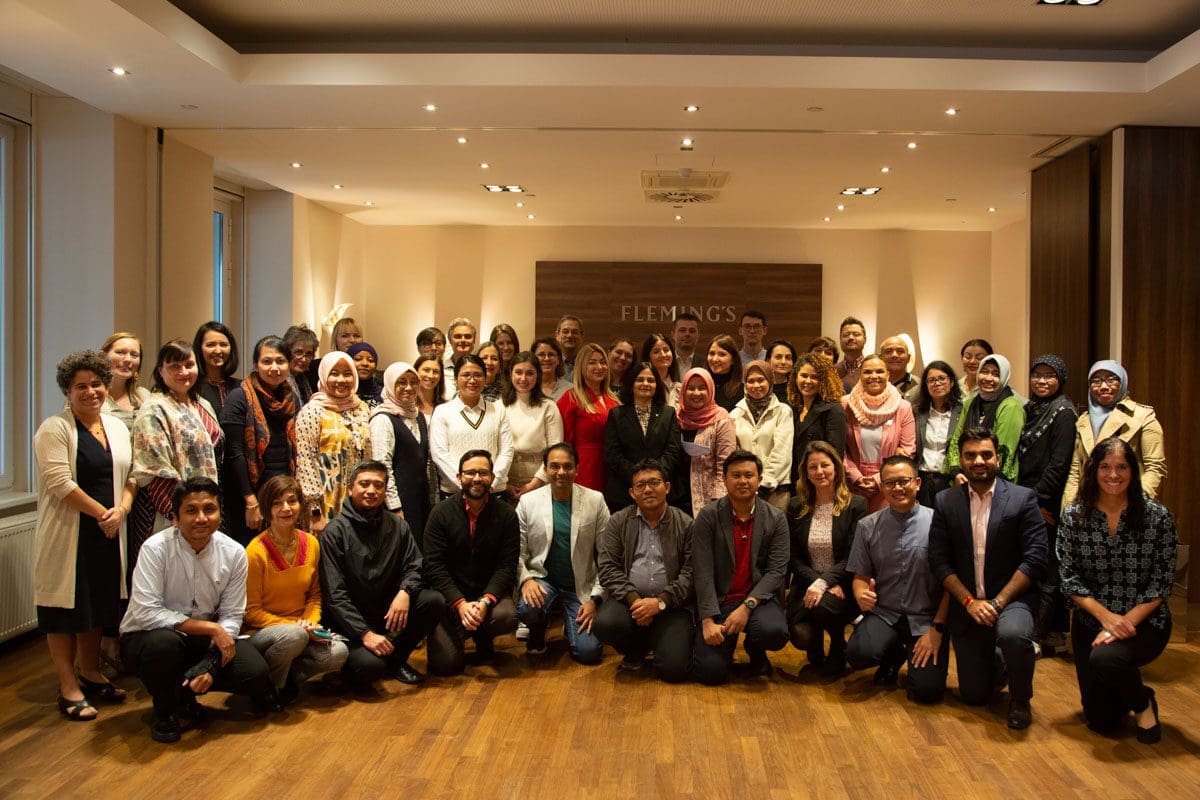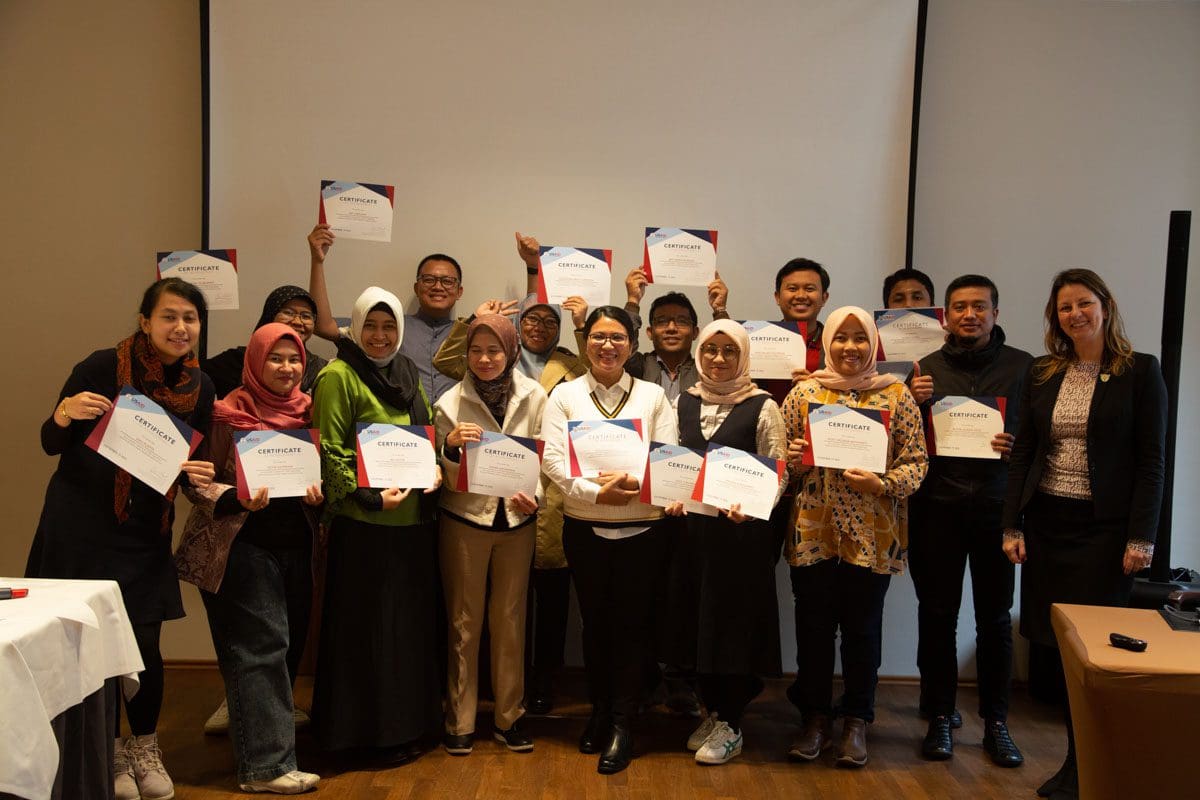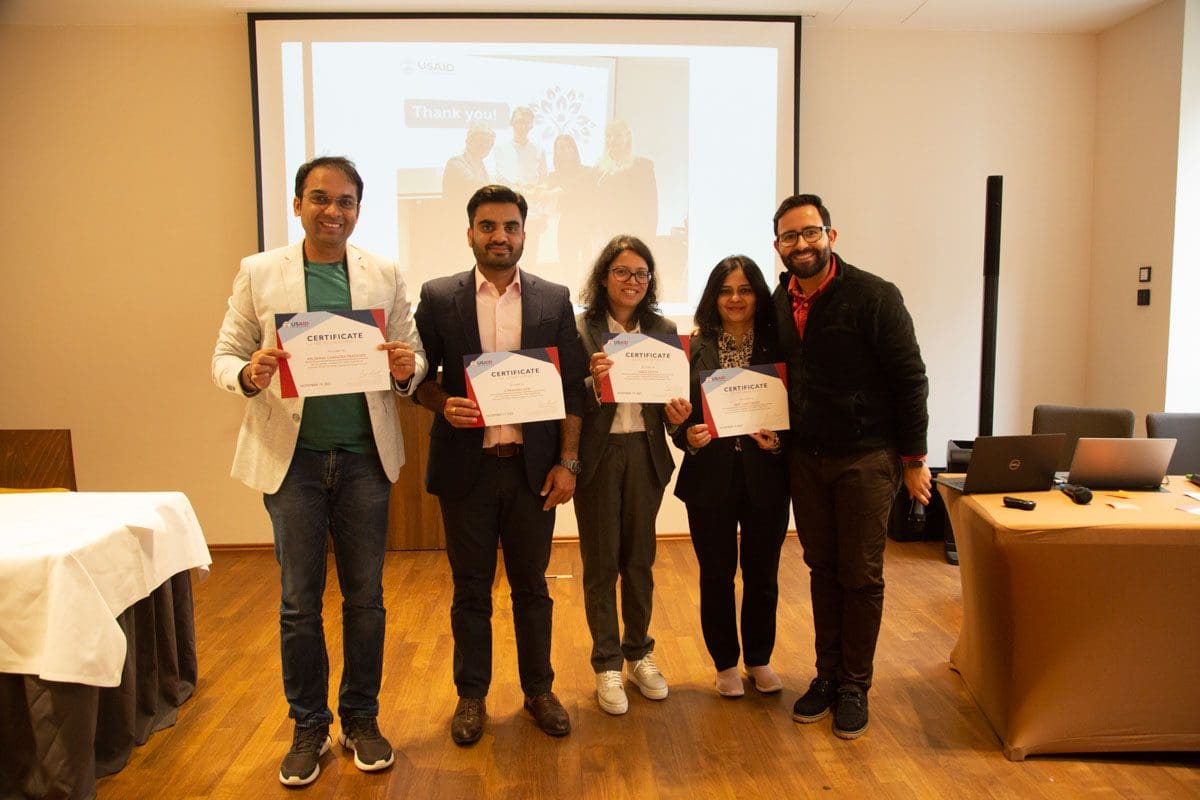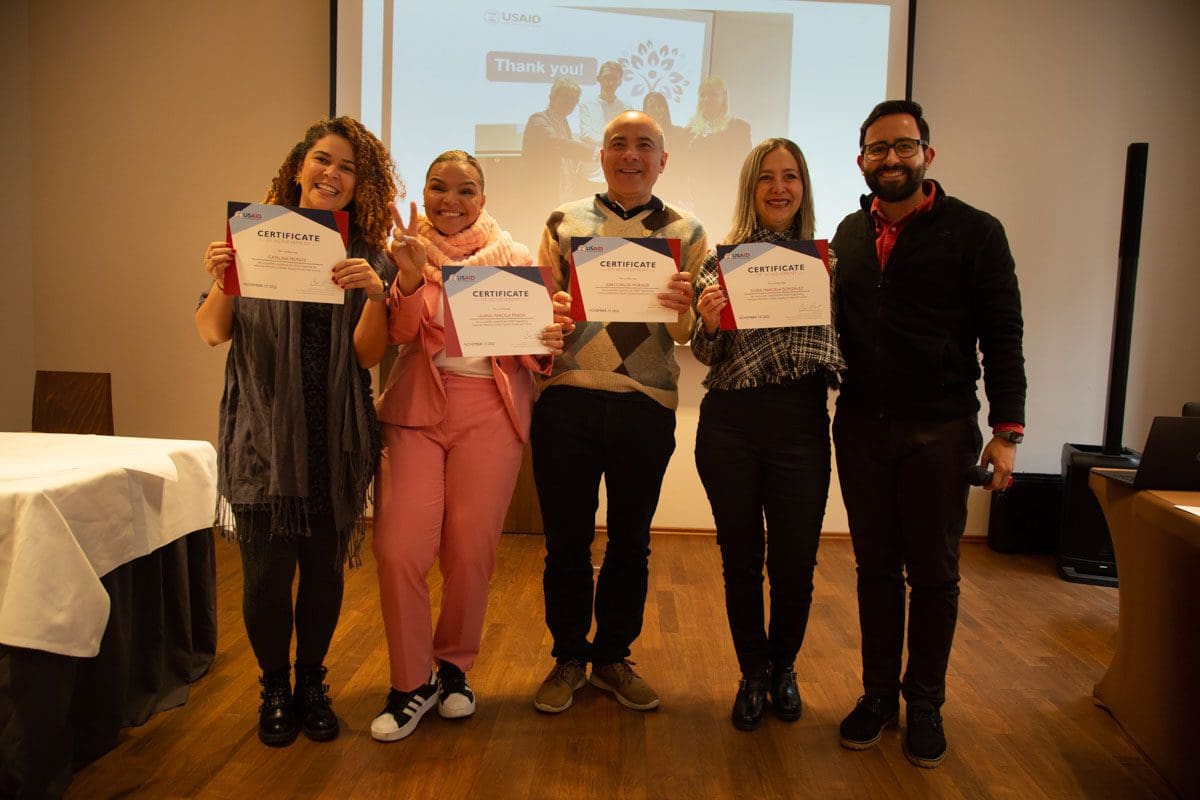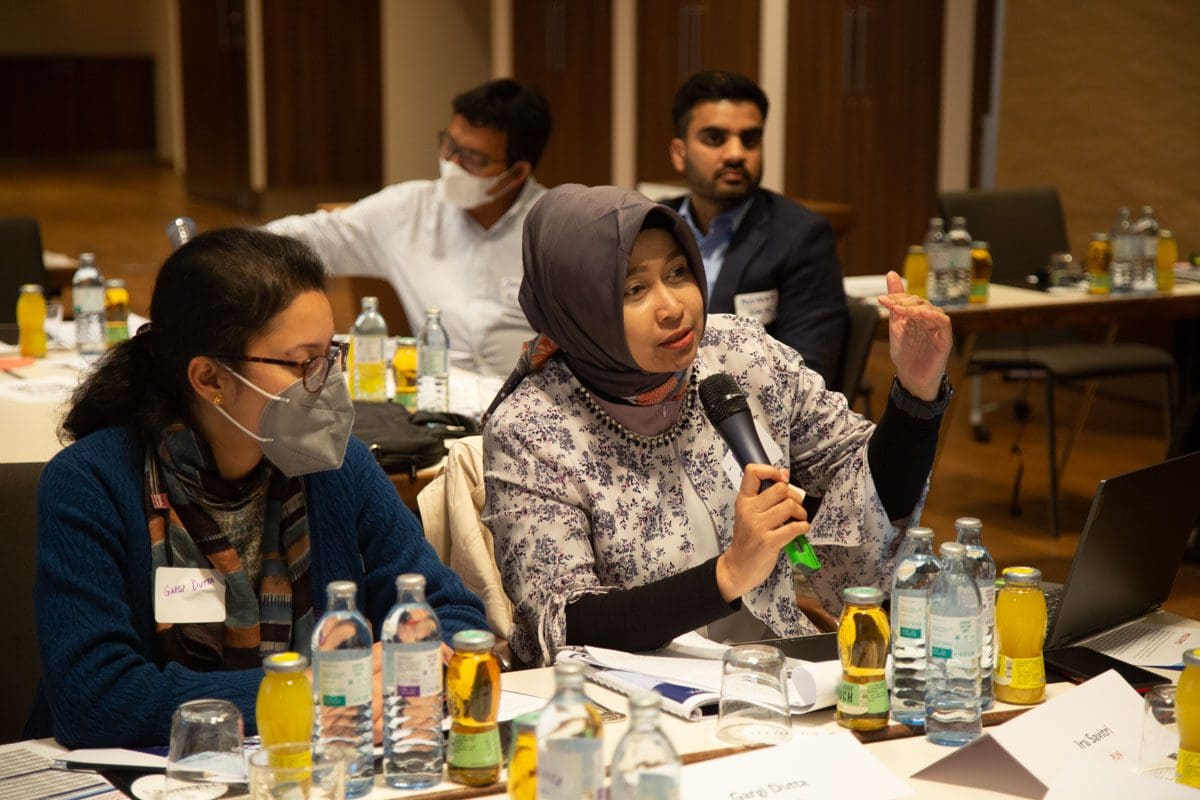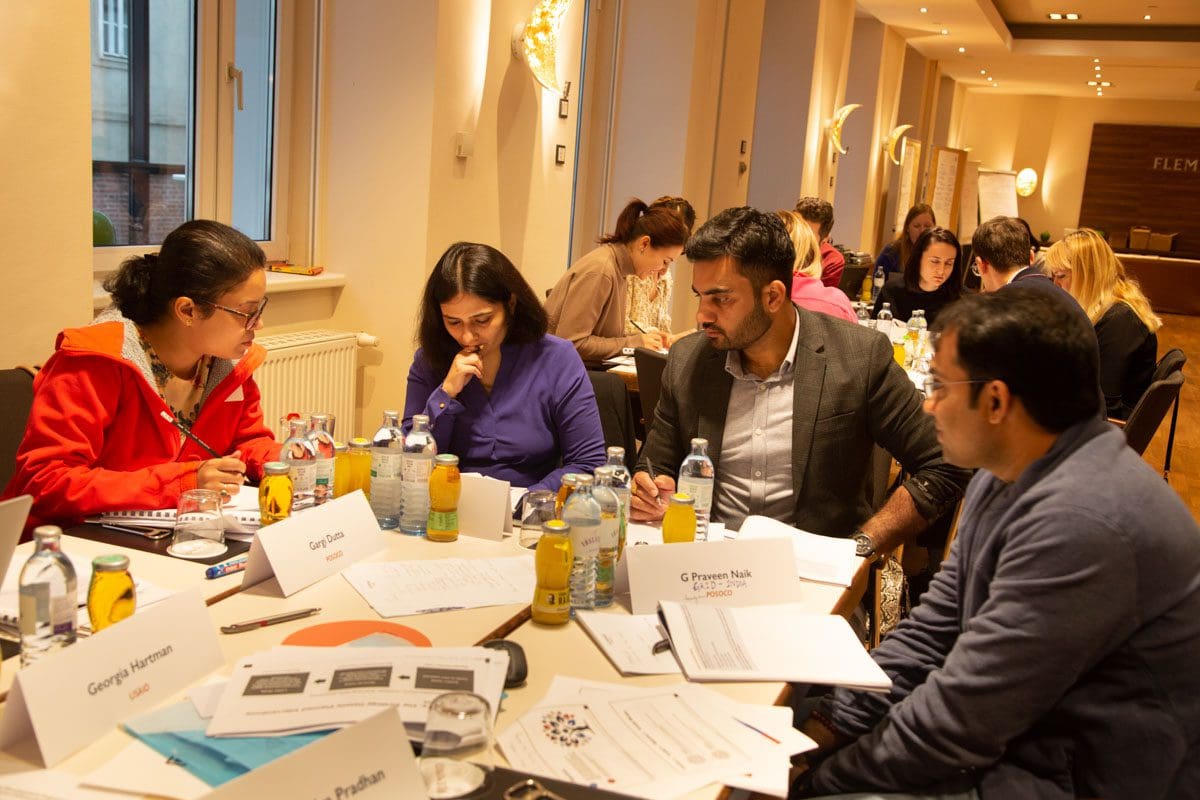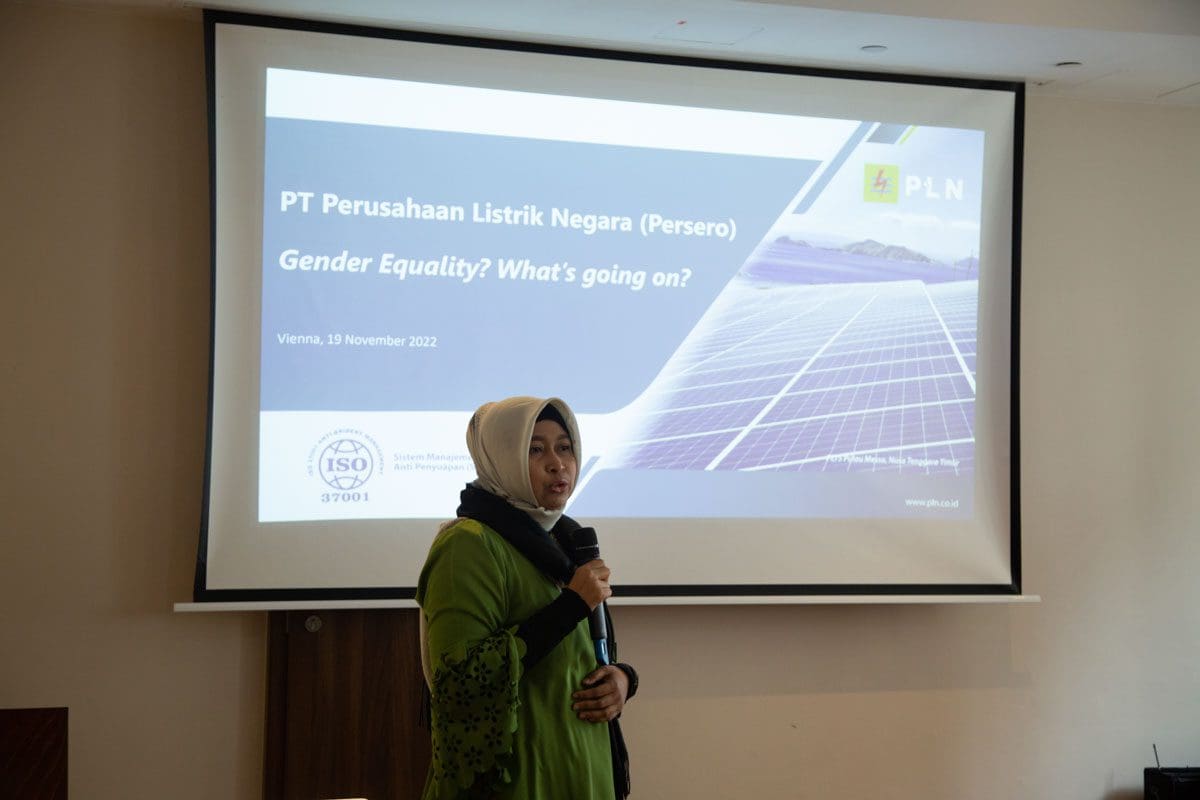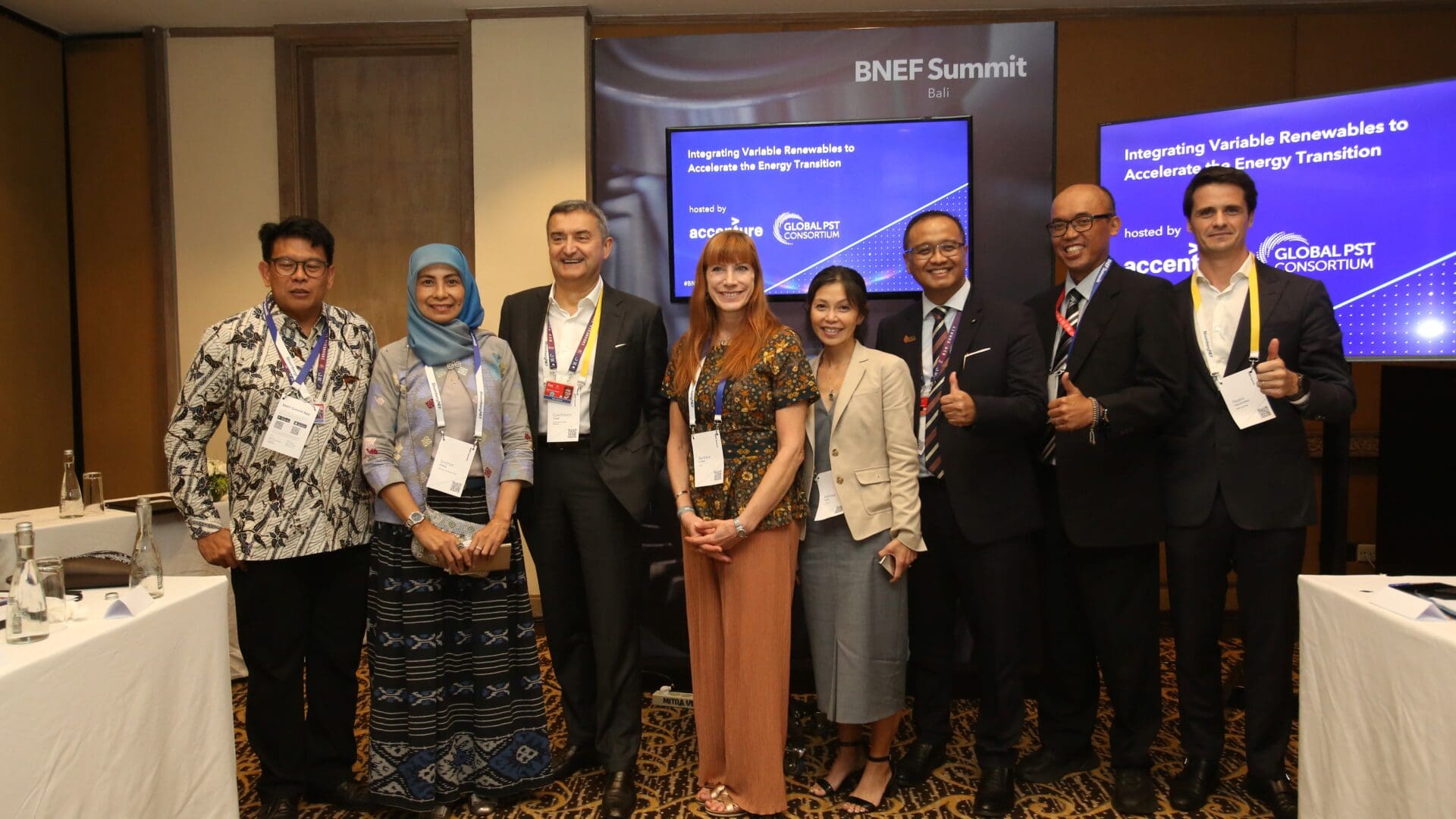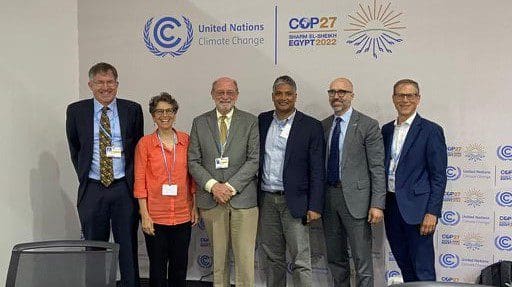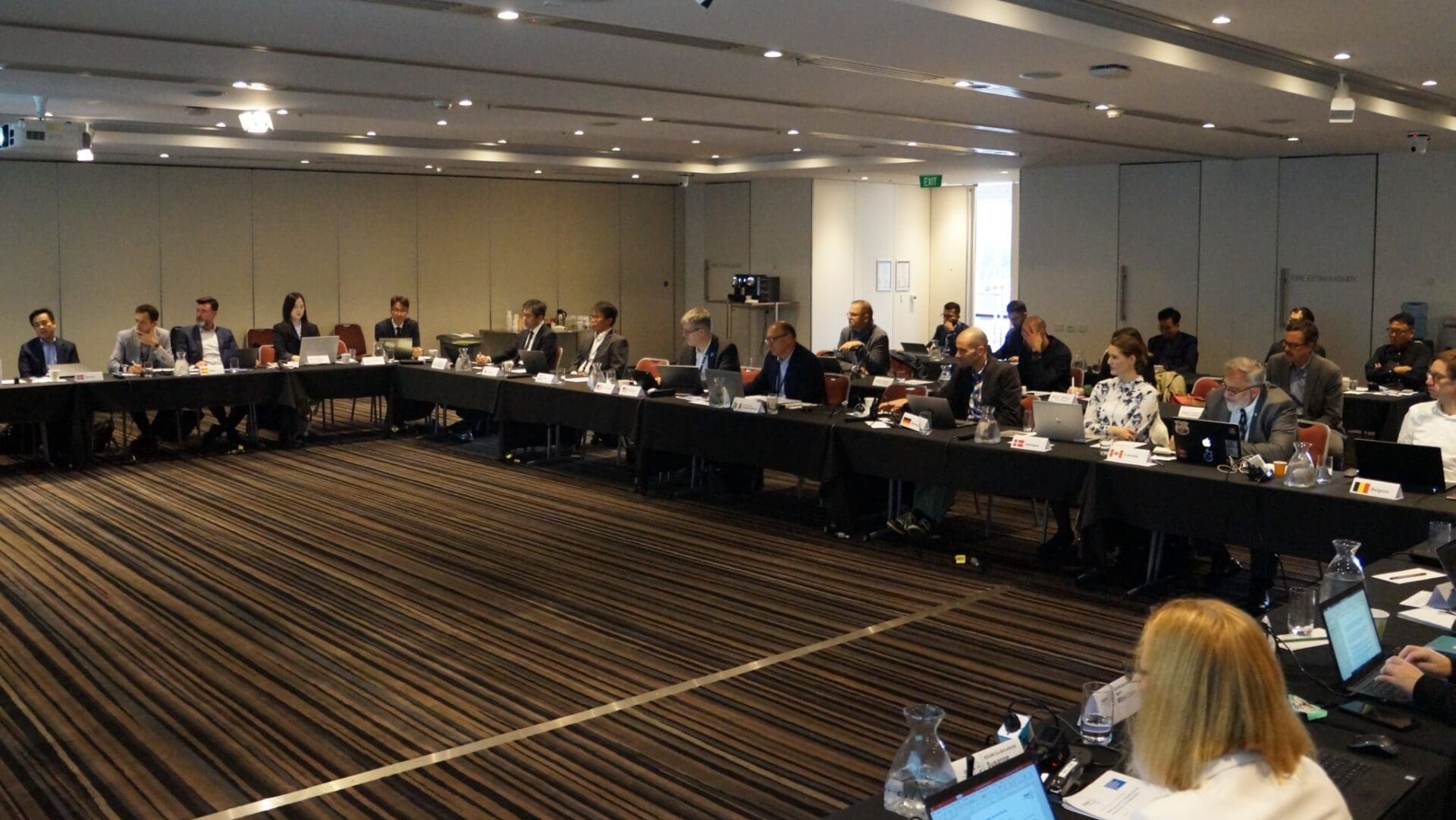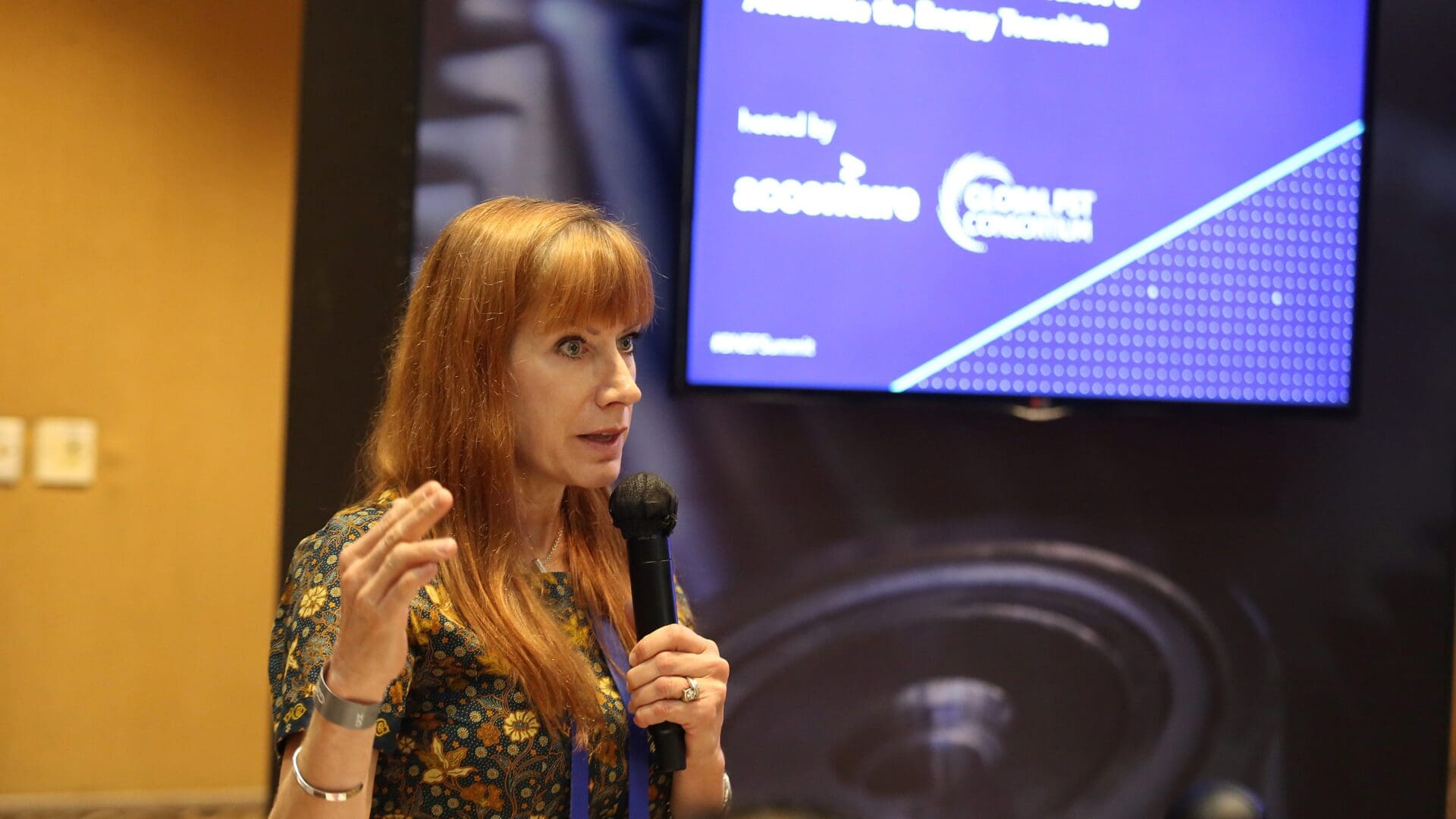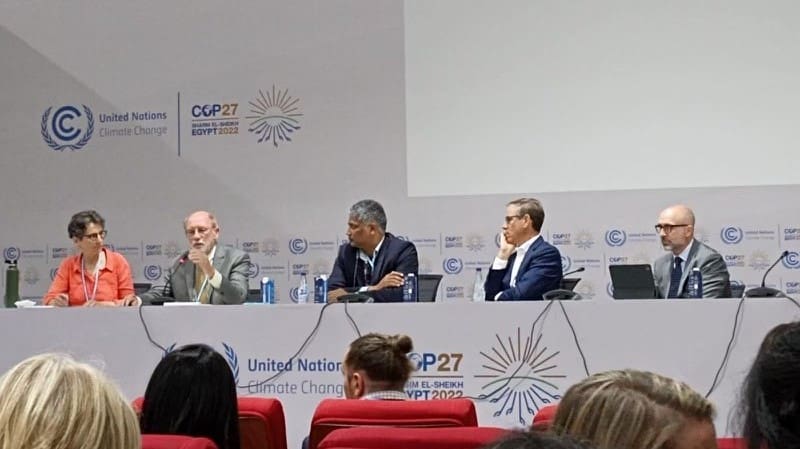This quarterly newsletter highlights recent projects, partnerships, and resources from the Global Power System Transformation (G-PST) Consortium.
Letter from the G-PST Consortium Secretariat
To all G-PST’s partners, practitioners, and advocates, I hope your new year is off to a great start! Like 2021 before it, this past year demonstrated just how much momentum and progress we can create when we work together, and I believe the coming year holds equal promise.
To preview a few of G-PST’s big plans, we will be bringing in more system operator partners to our network; continuing to emphasize cross-pillar collaboration; launching our grid-forming technology council that will bring together industry, system operators, and researchers to advance deployment of grid-forming technology; and expanding technical support services to partner countries from our core team institutions such as the U.S. Department of Energy’s National Renewable Energy Laboratory (NREL), Australia’s Commonwealth Scientific and Industrial Research Organisation (CSIRO), and the Technical University of Denmark (DTU).
All of this is to say I am incredibly proud of the work our team is doing to fulfill G-PST’s unique role supporting power system operator advancement and partnering with other global initiatives to ensure we can collectively make the biggest impact possible on the decarbonization challenge. If you are interested in learning more about G-PST’s achievements to date, I invite you to explore a brief our team prepared ahead of COP27 summarizing much of our work so far: The Global Power System Transformation Consortium: Unlocking Zero-Emission, Low-Cost, Secure and Reliable Power Systems.

As always, we encourage you to share any feedback, questions, or opportunities with us. Reach out anytime at Globalpst@nrel.gov. Thank you and happy new year!
Dr. Karin Wadsack
Director, G-PST Consortium Secretariat
Featured News
Pillar 1 Lead to Advance Decarbonization of Power Grid with £4m Leverhulme Grant
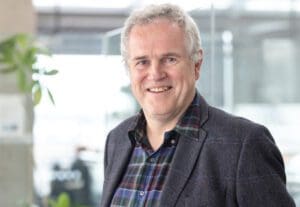
Professor Mark O’Malley
Leverhulme International Professorship
Professor Mark O’Malley, who co-leads the System Operator Research and Peer-Learning pillar, joins the Imperial College London Department of Electrical and Electronic Engineering to lead a research team of 13 working to decarbonize the electricity grid, supported by £4 million in funding from The Leverhulme Trust. The grant will focus on developing technologies to run the power grid using 100% renewable energy.
The focus on system services in the Leverhulme research project is aligned with G-PST’s research agenda questions, with many of the projects explicitly targeting system services in future grids. This new research will build on G-PST’s existing work on system services. The Leverhulme research program will serve as an example where high-impact questions needing urgent attention are addressed in a collaborative manner between system operators and the research community. Read the full grant announcement article from Imperial College London.
Professor O’Malley is recruiting the research team through mid-February 2023. The roles available are:
- Research Associate (X4)
- Research Assistant (X2)
- PhD Studentships (X4).
Oscillation Source Analysis for Grid India (erstwhile POSOCO) Using OSLp Tool
Oscillations are a threat to grid security that may increase with the growth of inverter-based resources on the grid. If the source of oscillation is not detected quickly, the system can automatically shut down contributions from inverter-based resources or result in power outages. Grid India was relying on telephone conversations with generators (in some cases up to 200 different generators) to detect abnormal oscillation patterns or parameters. Because operators at generation plants could only see their own data, Grid India had to patch individual reports together to create a systems perspective. This manual process was time-consuming and a threat to grid security.
The oscillation source identification tool is based on the dissipating energy flow method and was first implemented by the Independent System Operator of New England (ISO-NE). Throughout the last year, NREL worked with engineers of Grid India’s Southern Regional Load Dispatch Centre (SRLDC) to explain the dissipating energy flow method theory, walk though implementation of the tool, and coordinate peer-learning exchanges between ISO-NE and SRLDC to share practical experience. As a result of working with NREL and G-PST to implement the oscillation source location software (OSLp) tool, SRLDC can now quickly identify the sources of oscillations, often within two to five minutes, and replaced the manual process of telephone communication between Grid India and generators.
To showcase the success of this project, G-PST hosted a webinar that provided an overview of dissipation energy methods for oscillation source analysis and explored Grid India’s experience with OSLp so far. Watch the recording and access the event’s slide deck.
System Operator Representatives Join Engendering Industries Training in Vienna
The Women in Power System Transformation (Women in PST) initiative, in partnership with USAID’s Engendering Industries program, offered G-PST partner system operators the opportunity to participate in the Workforce Gender Equality Accelerated Program in Vienna, Austria, in November 2022. This one-week training was for human resources and upper-level management professionals to identify gender equality gaps within their organizations, develop a business case that demonstrates how gender equality will benefit the organization’s bottom line, and strengthen leadership and change management skills and exercise more influence to create an equitable and diverse workplace. Twenty-three representatives from three G-PST system operator partners—Colombia’s XM, Indonesia’s PLN, and Grid India—convened in Vienna to complete this unique training that will enable them to take targeted, tangible, and strategic action, grounded in assessment, to increase gender equality in their organization.
Women in PST Releases Free, Technical Teaching Materials for Instructors, Universities, and Practitioners
Women in PST published a set of cutting-edge course topics with technical teaching materials to support university training and inclusive workforce development. The technical materials are complemented with introductory materials on gender equality and women’s empowerment, as well as free-to-use media that highlight women experts and their journeys to leadership in power system operations.
These courses can be used for graduate-level student teaching, professional training, or self-learning. Each course includes pre-recorded lectures and practical student assignments and are available at no cost. With leadership from Imperial College London and leading women experts from around the world, the teaching materials address four power system technical topics:
- Declining System Inertia and Dynamic Reserve Requirements, taught by Julia Matevosyan, Energy Systems Integration Group
- Power System Stability With 100% Inverter-Based Resources (IBR), taught by Claudia Rahmann, University of Chile
- Impacts of Electric Vehicles (EVs) on Power Systems, taught by Edvina Uzunovic, Worcester Polytechnic Institute
- Network Planning and Pricing to Support Net-Zero Transition, taught by Furong Li, University of Bath
The G-PST also released an additional course covering modular multilevel converters for high-voltage direct current, taught by Adrià Junyent Ferré, Imperial College London.
Learn more about the courses and how you or your organization can leverage them to train the next generation of power sector professionals:
Power System Operators Motivations for Open-Source Tools
G-PST’s Open Data and Tools Pillar is working to characterize and further improve different existing open models and tools that are most applicable to power system transformation. In 2022, G-PST launched an open-source tools portal to filter, visualize, and identify open-source power systems software capabilities, publicly accessible through Github. Users are encouraged to add more model tools to the portal and provide feedback on how to improve its usefulness.
Two benchmarking cases are also available on G-PST’s Github site: a power flow case and a transmission planning case. Anyone is free to use the tools and data available on Github for examples or starting points for deeper analysis. Additionally, developers are free to submit similar examples to be included in the benchmarking comparisons or suggest activities to create new benchmarking topics. The next benchmarking case will be on dynamics, led by NREL.
In an effort to better understand why system operators may transition to open-source tools, G-PST published a short document where several system operators involved in G-PST’s Open Data and Tools work reported on their open-source tool interest and experience so far. In December 2022, a webinar featuring Clayton Barrows, NREL, and Juha Kiviluoma, VTT Finland, both co-leads for the Open Data and Tools Pillar, further explored these motivations and benchmarking cases.
- Access the G-PST Tools Portal.
- Explore the System Operator Open-Source Tools and Data Motivation document.
- Watch the December 2022 webinar.
Pillar 5 has began to explore data standards for easier use and interoperability between different model tools, as well as computer-integrated manufacturing used by system operators in Europe and the United States.
If you are interested in joining and contributing to the Pillar 5 working group, which meets virtually once a quarter, or to discuss other opportunities such as fundraising or relevant research projects, please reach out to Hannele Holttinen.
Workshop on Resource Adequacy, System Services, Grid-Forming Capabilities
G-PST organized a one-day research workshop in London on November 10th, 2022, that focused on three topics with identified research gaps for future IBR-dominated power systems. The topics were: resource adequacy, system services, and grid forming inverters. The workshop was coordinated by pillar lead and G-PST representative, Hannele Holttinen, together with Professor Mark O’Malley, and hosted by Imperial College. Most of the total 50 participants joined in-person with several joining online. The goal of the workshop was to involve the larger G-PST community in discussion about upcoming research priorities and share progress so far in these areas. Explore all the workshop’s technical presentations.
G-PST and PLN Sign Memorandum of Understanding on Power System Decarbonization Collaboration
On November 7, 2022, at the Indonesia Pavilion during COP27, G-PST, via NREL, and Indonesia’s PLN signed a memorandum of understanding (MOU) committing to collaborate on power system decarbonization technical activities. Under the MOU, NREL will continue its technical collaboration with PLN, which has already delivered capacity building on ten critical topics and supported PLN’s modernization of the Java-Bali control center. Future plans include road mapping for control room modernization of other control centers and in-depth technical training delivered jointly for PLN and Indonesian government staff.
G-PST’s Global Conference Presence
G-PST representatives could be found all over the world participating in high-impact energy sector conferences throughout the last quarter. These include:
- hosting a keynote session with CSIRO at the 9th International Conference of Integration of Renewable & Distributed Energy Resources 2022, in Adelaide, Australia;
- presenting a training on standard 1547 at the IEEE CONCAPAN 2022 conference, in Panama City, Panama;
- discussing how to scale Indonesia’s renewable energy penetration with partners from Accenture and Indonesia’s PLN at the BloombergNEF Summit, in Bali, Indonesia;
- speaking on panels about gender and energy, and planning for increased variable generation, at the Latin American Energy Organization’s Energy Week, also in Panama City, Panama; and
- joining several net-zero and power system advancement panels alongside partners from Indonesia, Morocco, the Global Climate Action Partnership, the Climate Center, and REnovables in Latin America and the Caribbean, at COP27, in Sharm El-Sheikh, Egypt.
G-PST appreciates these opportunities to connect with the larger climate and energy sector community to understand common challenges and share solutions to accelerate the global clean energy transition. Thanks to all the speakers, coordinators, and attendees who made these events a success.
System Operator Spotlight
Australian Energy Market Operator (AEMO) Releases Engineering Roadmap to 100% Renewables
In December 2022, AEMO published their Engineering Roadmap to 100% Renewables, presenting AEMO’s view of the technical, engineering, and operational actions required to prepare the Australian National Electricity Market (NEM) to securely and reliably operate at 100% instantaneous renewable penetration for the first time. The roadmap is divided into three technical preconditions that must be met:
- power system security – maintaining the secure technical operating envelope of the power system under increasing renewable penetrations;
- system operability – securely and reliably operating the power system and transition through increasingly complex operating conditions; and
- resource adequacy and capability – building the energy resources and network capability to unlock the renewable potential and the flexible capacity to balance variability over different timeframes.
The roadmap represents AEMO’s strong commitment to acting now to drive system reform and prepare for its future power system’s needs. Alongside our Australian partners, G-PST is looking forward to supporting this effort and helping solve the most pressing engineering challenges to accelerate the decarbonization of electricity systems globally.
Meet the G-PST Team: Brad Bouillon, California Independent System Operator

Brad Bouillon, Director of Operations Policy and Analytics, CAISO
Brad Bouillon is the Director of Operations Policy and Analytics at the California Independent System Operator (CAISO). During Bouillon’s 25 years at CAISO, he has held a variety of leadership roles across the organization. In his current role, his team is responsible for gas and electric coordination, supporting new policy and new market products affecting the CAISO’s Real-Time Operators as well as supporting state, regional, national, and international operations-related policy. Bouillon has a BS degree in Accounting, as well as an MBA in Management, an MS in Computer Information Systems, an Advanced Masters Certificate in Applied Project Management, and a Masters Certificate in Data Analytics.
In his Q&A, Bouillon shares what projects he is currently most excited about, his advice for young power systems professionals, and more.
Resources
In case you missed any, access all of the past quarter’s trainings and workshops.
- Control Center of the Future Road Map for Peru’s System Operator, COES SINAC
- G-PST/ESIG Webinar Series – Open-Source Tools for Power System Operators
- G-PST Community of Practice for Southeast Asia’s Power System Operators: Learning from Vietnam’s Experience on High Fluctuations of Variable Renewable Energy in the Grid System
- New IEEE Standards Development for Distributed Energy Resources
- Women in Power System Transformation and the Global Power System Transformation Consortium Present Free Teaching Materials for Global Public Use
- Power System Oscillation Source Analysis Using OSLp Tool
- G-PST/ESIG Webinar Series: Update on Changing Role of Resources and Growth of Utility Scale Storage
- G-PST/ESIG Webinar Series: Operating the System Towards Zero Carbon
- G-PST/ESIG Webinar Series: Wind and Solar Power Forecast Management
- G-PST/ESIG Webinar Series: Impedance Scan Tools for Stability Analysis of IBR Grids

